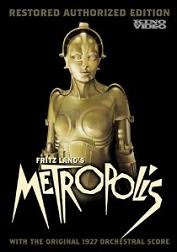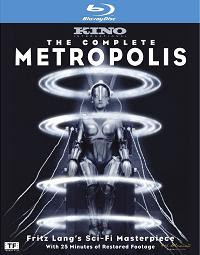After reviewing Wizz Air website as an online place not offering a pleasant customer experience, let's continue this trend with another user unfriendly site flibco.com, the online presence of a Luxembourgish bus shuttle service operated by Sales-Lentz. The service offers bus transportation between several Western European countries primarily connecting Luxembourg with a couple of secondary airports in adjacent lands. As we are going to see, not only airline companies offer terrible websites but the same is also valid for other kinds of carriers independently of the assumption that a transportation service depending mainly on web reservations should offer a good online service too.
My particular experience with flibco.com started with their website not working with IE 8 and the browser constantly crashing and restarting itself but I'm not sure if the problem has been in the site itself or there are some compatibility issues between my computer and flibco.com. So, let's assume it is not a sin of the site and continue with its true flaws.
Similarly to Wizz Air, flibco.com does not offer a shopping cart, so if you want to book tickets for more than one route or for several trips, you have to proceed with the reservations one by one. Of course, this is tedious process because your booking data is not saved at all. It doesn't matter if you've entered your information correctly or not, you have to re-enter it every time. And at the end of each reservation you must enter your payment details again, too.
Another pretty annoying issue is that flibco.com forces you to enter a "flight destination". First, somehow the site assumes that a flight destination exists when this is not mandatory to be the case for you and second, even not all of the possible airports in neighbouring European countries are listed in the dropdown box, not to mention other cities. Naturally, if you miss to fill in this field, all of your information is deleted and you have to re-enter it again, so it is better to put something in (obviously, in many cases, it will be whatever flight destination you like from the available options in the dropdown list). It's a solvable problem but it's another nonsensical requirement anyway.
During the booking process you'll be referred to "my flibco.com", for example, to print your reservations. It might seem like a mistyped URL to you but in fact, it's not. This is a section on the site where you are able to access your purchased tickets. Still, its name is confusing when you read it among other pieces of text thus I count it like another user-unfriendly feature of the website's design.
To sum it up, flibco.com is not the friendliest site out there and I just hope their bus service will be better than the online booking experience they offer. At least it's not an airline company so I'm slightly less concerned in comparison to what I should expect from Wizz Air's flight service.
Examine our maze of reviews to discover other reviews of services.





